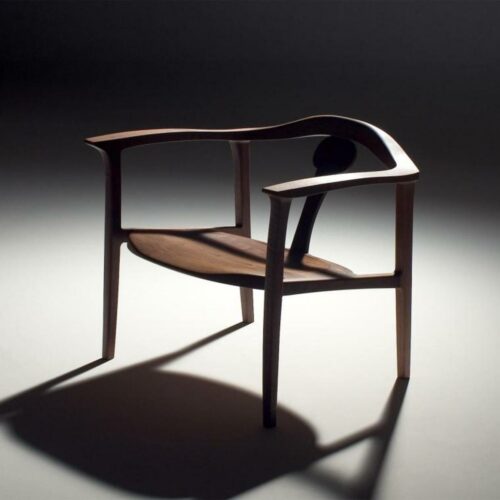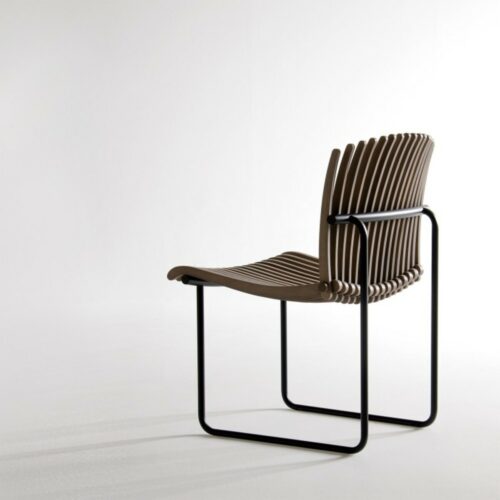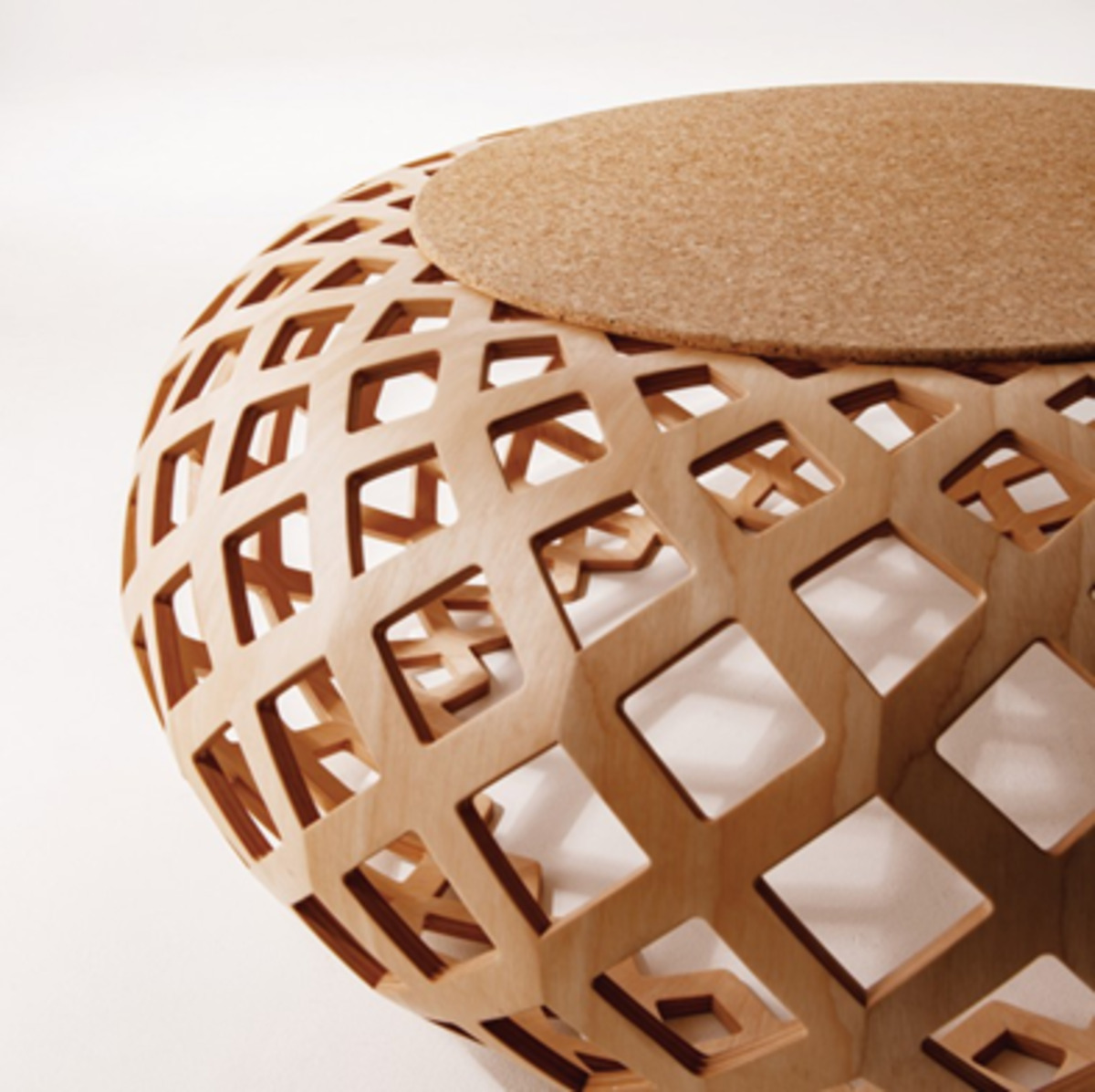Do we need to trouble others to find value?
Have you considered why we like handmade things? For example, the Food Labeling Act strictly restricts the use of the word “handmade” in Japan. I imagine the same kind of rules probably should exist in many other countries. If we look at it from the other side, it turns out people find some value in handmade things. What do you think the value of handmade is? By the way, it’s not a story related to the IKEA effect. The effect is the cognitive bias where people over-evaluate what they make, which is more like the viewpoint of the supply side, for your information. In order to pursue the psychological reason behind our preferences, let’s consider this issue by dividing some examples into cases.
What is the real value of handmade things?
ISUZU 117 Coupe, one of the extremely popular Japanese classic cars. It was designed by Giugiaro and debuted in 1968. The beautiful curved surface of the body was too complex for the metal forming technology at that time, and so, most of the body metal was formed by hand. Let me give you another car example. It’s Morgan 4/4. As I wrote before, it was already discontinued, but the wooden body outer shell had been made by hand from 1936 to 2019. I like cars, and these handmade stories strongly touches my heartstrings, but how about you? If you’re not interested in cars, whether it’s handmade or not may not matter.
Even though I’m a car enthusiast, handmade cars are not always the top priority. For example, if I’m forced to drive across a desert without an oasis, I will definitely choose hi-tech cars, like TOYOTA Land Cruiser. In the same manner, if I wait for a surgery to insert a heart pacemaker and if I know it’s handmade, I will not be happy at all. It’s funny, isn’t it? There’s a contradiction in what I wrote above. The word “handmade” acts on my choice in the opposite way. As we can see from these examples, it seems like it’s not only quality that we expect for the word “handmade.”

The secret of the great taste of handmade chocolates
As some of you may know, St Valentine’s Day in Japan is unique. In all the other areas in the world, lovers exchange gifts each other on that day. On the other hand, it’s the day when girls confess their love with the gift of chocolates in Japan. Not cookies, not marshmallows but it must be always chocolates, though I don’t know why that is. In the morning of the 14th of February, all the Japanese school boys look in their shoe lockers or their desk drawers with their heart pounding, pretending not to care at all about what day it is. For that reason, February is the month when chocolates are sold most in Japan, more than doubled than all the other months.
In Japan in February, handmade chocolates or how to make chocolates always becomes a hot topic. Now, I want you to just imagine something for a moment. If it’s a handmade chocolate from a girl you’re interested in, it must be a bliss, and the fact that the chocolate is handmade will make you happier, but what if it’s from a girl you’ve never met before. Isn’t it scary? Don’t you at least want to know why? I think here’s the secret of “handmade.” We find some value in handmade things because we expect or associate the word with some good background stories.

We use the latest machines for the initial processes like rough cutting, but handmade processes are essential to complete our wooden furniture. It’s impossible to make beautiful and smooth wooden surface without them. I hope the combination of hi-tech artificial and handmade processes will make our products more attractive but not scare you away.

Shungo Ijima
He is travelling around the world. His passion is to explain Japan to the world, from the unique viewpoint accumulated through his career: overseas posting, MBA holder, former official of the Ministry of Finance.


Comments
List of comments (1)
Temp mail Awesome! Its genuinely remarkable post, I have got much clear idea regarding from this post . Temp mail